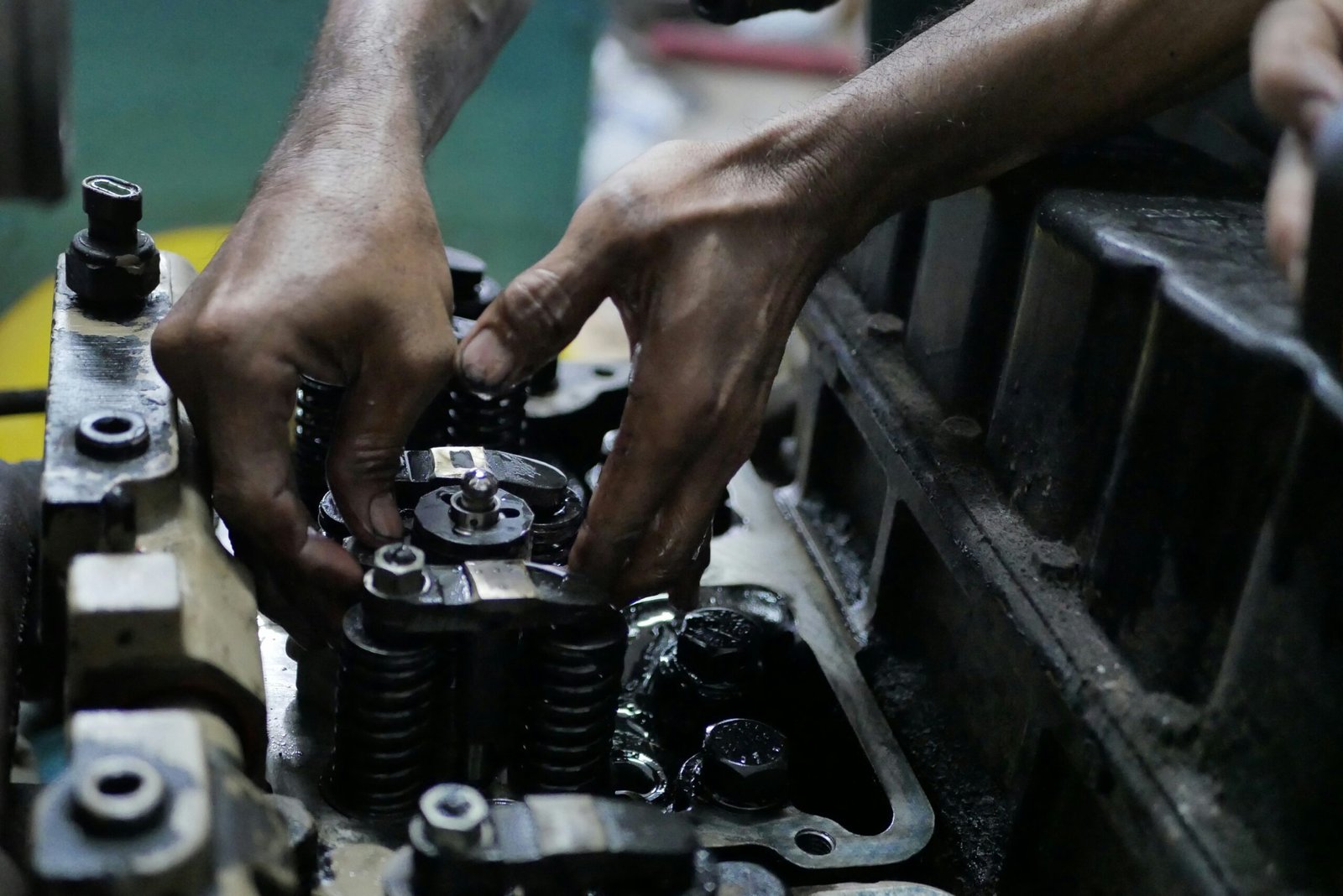Introduction
When it comes to choosing between a diesel and a gasoline engine, there are several factors to consider.
Each type has its own advantages and disadvantages, and the decision ultimately depends on your specific needs and preferences.
In this article, we will explore the differences between diesel and gasoline engines to help you make an informed decision.
Fuel Efficiency
One of the key differences between diesel and gasoline engines is their fuel efficiency. Diesel engines are generally more fuel-efficient than gasoline engines.
This is because diesel fuel contains more energy per gallon than gasoline, which means that diesel engines can extract more power from the same amount of fuel. If you do a lot of long-distance driving or have a heavy-duty vehicle, a diesel engine might be the better option for you.
Power and Performance
Gasoline engines are known for their quick acceleration and high top speeds. They are generally more responsive and provide a smoother driving experience compared to diesel engines. On the other hand, diesel engines are known for their torque, which makes them ideal for towing and hauling heavy loads.
If you need a vehicle for everyday commuting or occasional road trips, a gasoline engine might be the better choice. However, if you require a vehicle for heavy-duty purposes, such as towing a trailer or carrying heavy equipment, a diesel engine would be more suitable.
Maintenance and Durability
When it comes to maintenance and durability, diesel engines have the upper hand. They are built to withstand higher compression ratios and have a longer lifespan compared to gasoline engines. Diesel engines also require fewer maintenance procedures, such as spark plug replacements, which can save you money in the long run.
However, diesel engines do require regular maintenance, such as changing the fuel filters and cleaning the injectors, to ensure optimal performance.
Environmental Impact
Another important factor to consider is the environmental impact of diesel and gasoline engines. In recent years, there has been a growing concern about the emissions produced by diesel engines.
While modern diesel engines have made significant improvements in reducing emissions, they still tend to produce more nitrogen oxide (NOx) and particulate matter compared to gasoline engines.
Gasoline engines, on the other hand, produce lower levels of NOx and particulate matter. If reducing your carbon footprint is a priority for you, a gasoline engine might be the better choice.
Availability and Cost
Gasoline is more widely available than diesel fuel, which means that finding a gas station is easier, especially in remote areas.
Gasoline engines are also generally less expensive to purchase compared to diesel engines.
However, diesel fuel tends to be more energy-dense, which means you can travel further on a gallon of diesel compared to gasoline. Additionally, diesel engines are known for their longevity, which can offset the initial higher cost of purchasing a diesel vehicle.
Conclusion
Choosing between a diesel and a gasoline engine ultimately depends on your specific needs and preferences.
Consider factors such as fuel efficiency, power and performance, maintenance and durability, environmental impact, and availability and cost.
If you prioritize fuel efficiency and torque for heavy-duty purposes, a diesel engine might be the better option.
On the other hand, if you value quick acceleration and a smoother driving experience, a gasoline engine might be more suitable. Consider your priorities and make an informed decision that aligns with your lifestyle and requirements.
